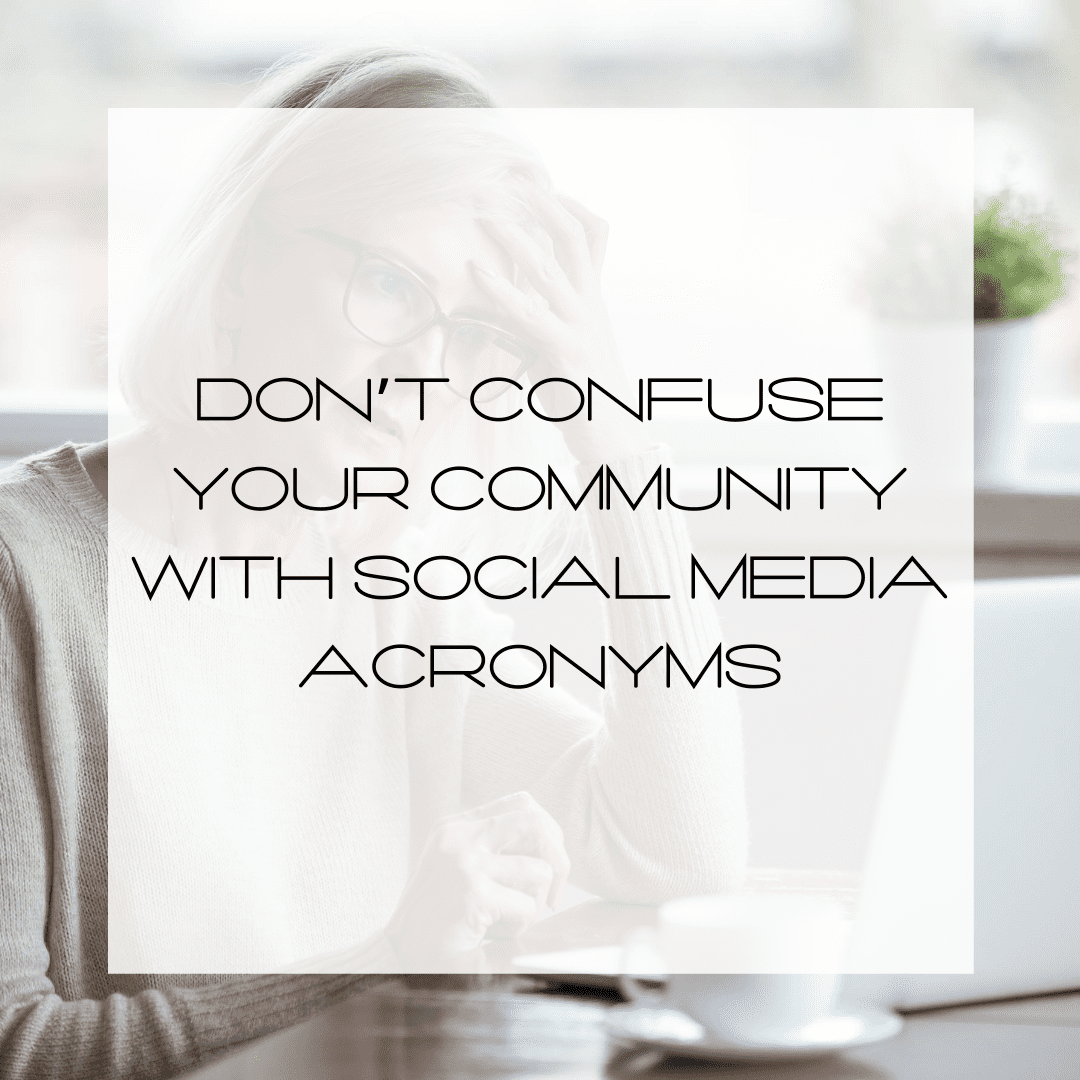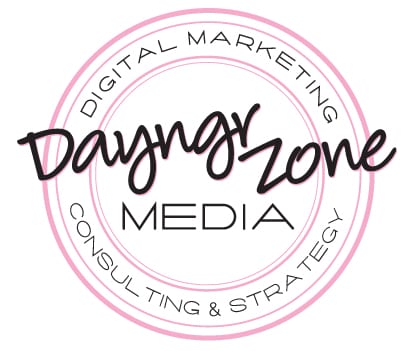
You’re at your desk, a cup of coffee in hand and you’re ready to start your day. You can’t wait! Soon, you’ll be representing your brand across various social networks. The first order of business on your list today is to begin reading some of those great social media blogs that were suggested to you by your friends and followers. You open up your RSS reader, dive in, and suddenly realize within the first few paragraphs about CRM, sCRM, ROI and KPI that you’re overwhelmed by all these acronyms. What the heck do they mean and how can you focus on the point of the article if you have to keep stopping to look them up?
Keep It Simple

It happens. Sometimes professionals forget that not everyone in their audience knows exactly what they know. This isn’t exclusive to social media either. It doesn’t matter what industry you’re in, every industry has its own terminologies and they can be quite confusing at times. Therefore, when setting out to share industry-related knowledge across your social networks consider keeping it simple. Think the KISS method = keep it super simple.
It doesn’t matter what social network you’re on or if you’re writing for the corporate blog, consider that on any given day your audience might range from someone who’s learning about your brand for the very first time to the industry insider who’s considered an influencer. You want to build a community based on your brand. Doing so means not only talking with others in your industry but perhaps educating consumers as well. If you want to use acronyms, instead of assuming that everyone knows what you’re talking about, explain exactly what each acronym means the first time you use it. The same goes for industry terminology too. Don’t get caught up in technical jargon. You don’t need it to present yourself as a thought leader and you may find yourself alienating part of your community if you don’t take the time to educate and inform when necessary.
Become A Resource

If you find yourself using acronyms and industry terms quite a bit, think about creating a glossary post on your corporate blog that can be used as a resource within your community. You can link back to it and reference it as needed. Plus, one of the best parts about creating it on your own site is that you’ll have the ability to update it as needed. You may even want to take it a step further and create a white paper that others can download and share.
About Those Social Media Acronyms
Because social media terminology is ever-evolving, like social media itself, it would be quite an undertaking to try to list every single social media term. I also didn’t want you to walk away without anything, though. So, here are a few of the popular social media acronyms and what they mean. Again, this isn’t a definitive list but rather a few of the more popular terms I thought you’d like to know:
- B2B: Business to business
- B2C: Business to consumer
- CGM: Consumer-generated media
- CMS: Content management system
- CPA: Cost per action
- CPC: Cost per click
- CR: Conversion rate
- CRM: Customer relationship management
- CSS: Cascading style sheet
- CTR: Click-through rate
- DM: Direct message
- ERP: Enterprise resource planning
- FB: Facebook
- FF: Follow Friday
- HT: Hat tip
- IG: Instagram
- KPI: Key performance indicators
- PM: Private Message
- QR Code: Quick response code
- ROI: Return on investment
- ROR: Return on relationship
- RSS: Real simple syndication
- RT: ReTweet
- SCRM: Social customer relationship management
- SEM: Search engine marketing
- SEO: Search engine optimization
- SERP: Search engine result page
- SM: Social media
- SMB: Small and Medium business
- SMM: Social media marketing
- TOS: Terms of service
- UGC: User-generated content
- URL: Uniform resource locator
You can also check out Aaron Friedman’s Digital and Social Media Acronyms post at Digital Highrise for a more detailed list.
Remember, your goal is to keep your community engaged, enchanted, and educated about your brand, so make things easy to understand. Looking to learn more? Read all my How To posts.
Do you find technical jargon, acronyms, and industry terminology distracting when reading articles or trying to follow conversations? Are you using them yourself? What popular acronyms am I missing? Please let me know in the comments below.


Let's keep the conversation going ...